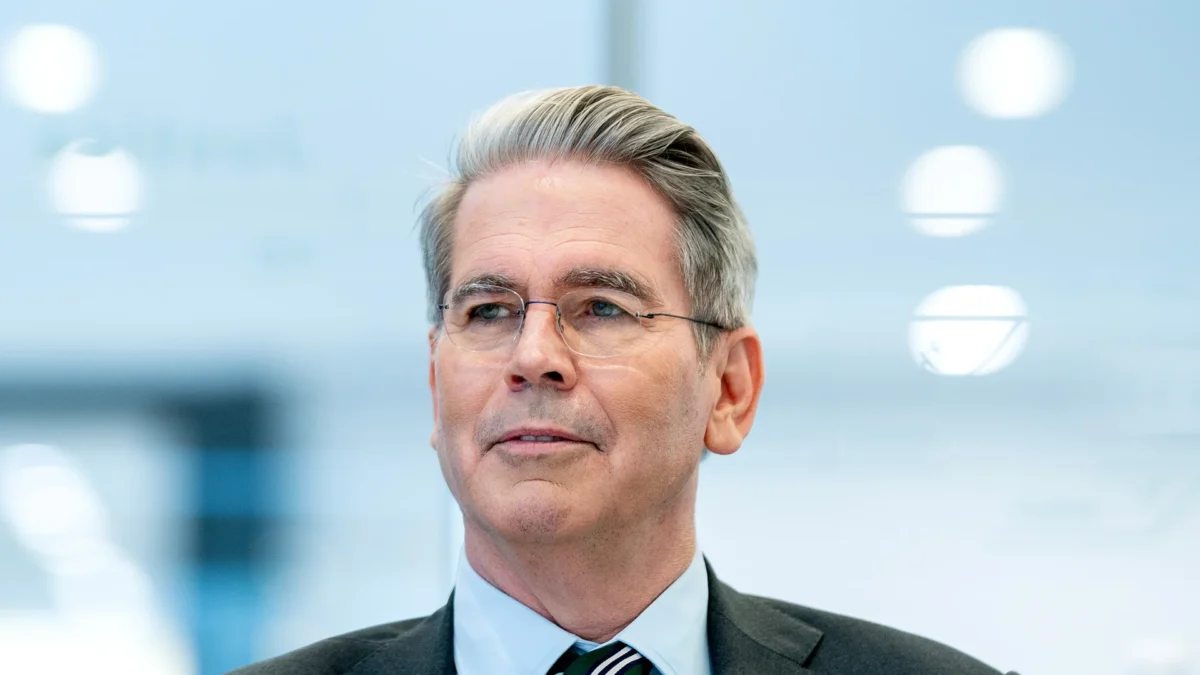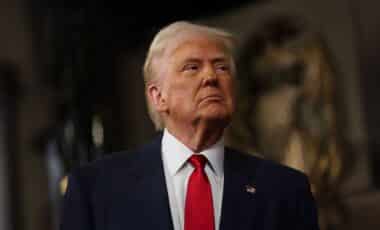The 2017 Tax Cuts and Jobs Act’s (TCJA) possible expiration has sparked controversy in Washington, with Scott Bessent, President Trump’s Treasury nominee, calling its extension the “single most important economic issue” confronting the US. At a confirmation hearing, he made statements that highlight worries about the possible effects on middle-class taxpayers and overall financial stability.
Wide-ranging tax cuts intended to boost economic growth were implemented by the TCJA during Trump’s first term; several of these changes are scheduled to expire in 2025. Advocates contend that it must be renewed in order to maintain economic growth and avoid tax hikes, while detractors contend that it unfairly favors the rich at the expense of greater equity.
Trump Nominee Warns of “Economic Calamity” for Middle Class
Scott Bessent, a millionaire from a hedge fund who was appointed to lead the Treasury Department, warned Congress that allowing the TCJA to expire would lead to significant tax increases, particularly for middle-class Americans. He noted that millions of taxpayers may experience an increase of more than $1,500 annually if the cuts are not renewed, citing data from Americans for Prosperity.
“This is the single most important economic issue of the day,” Bessent stated. He painted a stark picture of financial instability, which he said would disproportionately burden working families. Advocating for the tax cuts, Bessent framed their extension as critical for fostering job creation and economic stability.
Critics, however, dispute the benefits of the tax reforms. Democratic Senator Elizabeth Warren and organisations such as the Center for American Progress argue the cuts heavily favour the wealthy, offering limited advantages for average workers. They contend that a more equitable approach to taxation is necessary to address rising income inequality.
Economic Strategy Includes Trade Tariffs and Supply Chain Security
Beyond tax policy, Bessent outlined a broader economic vision that includes aggressive trade measures and a focus on securing vulnerable supply chains. Trump’s nominee campaigned for greater taxes on imported products, suggesting rates as high as 60% for select nations like China. According to Bessent, these measures would bolster domestic production and enhance national security.
Bessent also underlined the necessity of retaining the US dollar as the world’s reserve currency, a cornerstone of Trump’s economic policy. He dismissed some senators’ worries about the possible consequences to American consumers and defended tariffs as a tool for economic leverage. He emphasised the importance of maintaining the US dollar as the world’s reserve currency and highlighted the need for strategic economic measures to safeguard national interests.
While Bessent’s nomination has drawn support from key Republican figures, his opposition to increasing the federal minimum wage has sparked criticism from Democrats. In exchanges with lawmakers, Bessent described the wage issue as a “state and regional issue,” a stance challenged by progressive voices like Senator Bernie Sanders.









